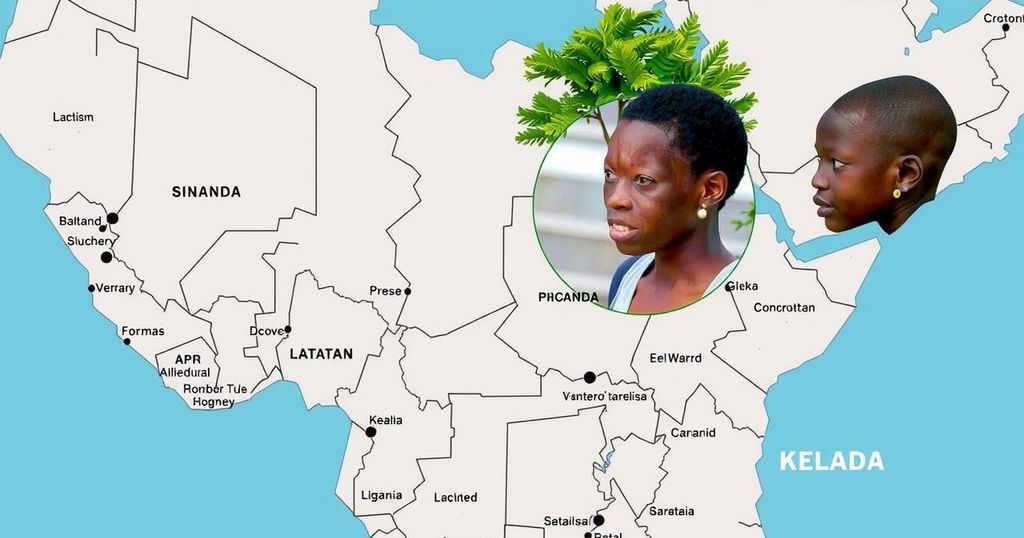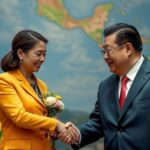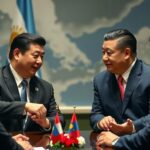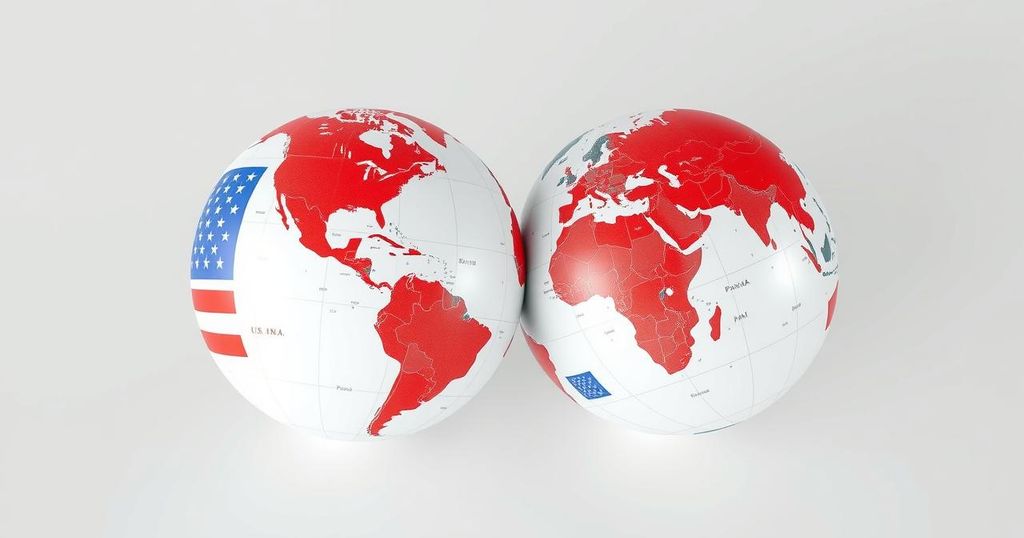Politics
AFRICA, ASIA, BEIJING, BOUENZA, BRA, BRAZIL, BRAZZAVILLE, CENTRAL AFRICAN REPUBLIC, CHINA, CONGO, CONGO (BRAZZAVILLE), DEMOCRATIC REPUBLIC OF THE CONGO, DEVELOPMENT, ECONOMIC DEVELOPMENT, EUROPE, FOOD SECURITY, IB, INDIA, INTERNATIONAL COOPERATION, ITALY, LIKOUALA, MEXICO, MINISTRIES OF AGRICULTURE AND EDUCATION, MINISTRY OF AGRICULTURE AND RURAL AFFAIRS, NORTH AMERICA, OF AGRICULTURE, PLATEAUX, POOL, REPUBLIC OF CONGO, SOUTH, SOUTH AFRICA, SOUTH AMERICA, UNHCR
Dante Raeburn
WFP Republic of Congo Country Brief: November 2024 Update
In November 2024, WFP Republic of Congo distributed 351.4 mt of food aid and US$ 612,413 in cash assistance, helping 144,369 people. They require US$ 7 million for continued operations and facilitated the repatriation of Central African refugees. WFP also focused on local value chains and school feeding projects through international collaboration.
In November 2024, the World Food Programme (WFP) Republic of Congo provided significant assistance amid ongoing humanitarian needs. A total of 351.4 metric tons of food assistance was distributed, alongside cash-based transfers amounting to US$ 612,413. A significant number, 144,369 individuals, benefited from these efforts. Nonetheless, WFP identified a pressing need for US$ 7 million to meet its requirements over the next six months, which encompasses 32 percent of its overall budget.
The refugee response segment accounted for the support of 18,271 refugees from the Central African Republic and 8,947 from the Democratic Republic of the Congo, located within the Likouala, Plateaux, and Pool Departments. The distribution of cash-based transfers totaled US$ 554,432. Furthermore, on 19 November 2024, WFP, in collaboration with UNHCR, facilitated the voluntary repatriation of 46 Central African refugees, coinciding with the resumption of UNHAS flights. This step enhances WFP’s capacity to deliver humanitarian aid to remote areas effectively.
In a notable effort to strengthen local value chains, WFP conducted a field mission in the Bouenza Department. This mission involved a delegation from China’s Ministry of Agriculture and Rural Affairs (MARA), the Chinese Academy of Tropical Agriculture Sciences (CATAS), and the WFP Center of Excellence in Beijing. Meetings were held with project beneficiaries, local authorities, and potential partners, centering on the development of cassava and banana value chains. Additionally, on 20 November, a workshop chaired by the Minister of Agriculture addressed insights gained from the MARA project.
WFP also advanced its school feeding initiatives by organizing consultation workshops involving 10 schools and smallholder farmer groups in the Pool, Bouenza, and Plateaux regions. These workshops aimed to address strategies for locally sourced school menus and fair product pricing. On 26 November 2024, WFP officially handed over IBSA-funded equipment, including tricycles and water tanks, to the Ministries of Agriculture and Education to bolster support for beneficiary farmers and educational institutions.
The World Food Programme’s operations in the Republic of Congo focus on tackling food insecurity and supporting vulnerable populations, particularly refugees from neighboring nations. The organization delivers food assistance and cash transfers to meet the immediate needs of individuals affected by conflict and displacement. Furthermore, WFP commits to strengthening local agricultural value chains and school feeding programs, which are essential for fostering resilience and sustainable development. The engagement with international partners underscores the collaborative approach taken to enhance food security and the livelihoods of communities in the region.
In summary, the WFP has made significant strides in providing food and cash assistance to vulnerable populations in the Republic of Congo, particularly refugees. The organization’s efforts extend beyond immediate relief, as demonstrated by its focus on enhancing local agricultural value chains and establishing robust school feeding programs. These initiatives aim not only to meet current humanitarian needs but also to lay the groundwork for long-term resilience and development within the region.
Original Source: reliefweb.int








Post Comment